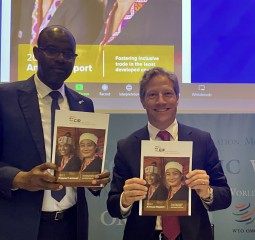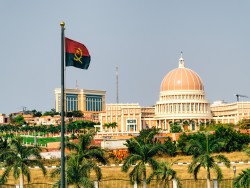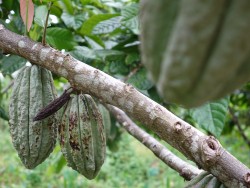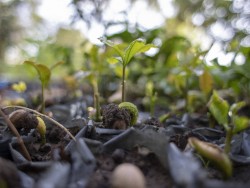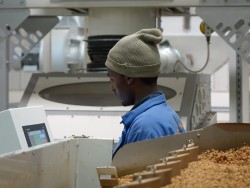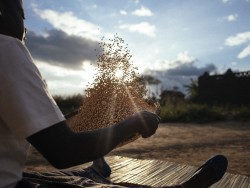Trade strengthening institutions and tourism after conflict in Liberia
To promote economic growth, EIF support to Liberia centred on tackling supply-side constraints to trade. The goal of enhancing trade was to reduce extreme poverty, estimated to exceed 80% in 2003. The EIF’s engagement also demonstrates its commitment to fostering partnerships that promote local ownership of Liberia’s development agenda. Initially, support focused on establishing strong institutional structures and strengthening capacity to develop policies and mainstream trade into national strategies.

